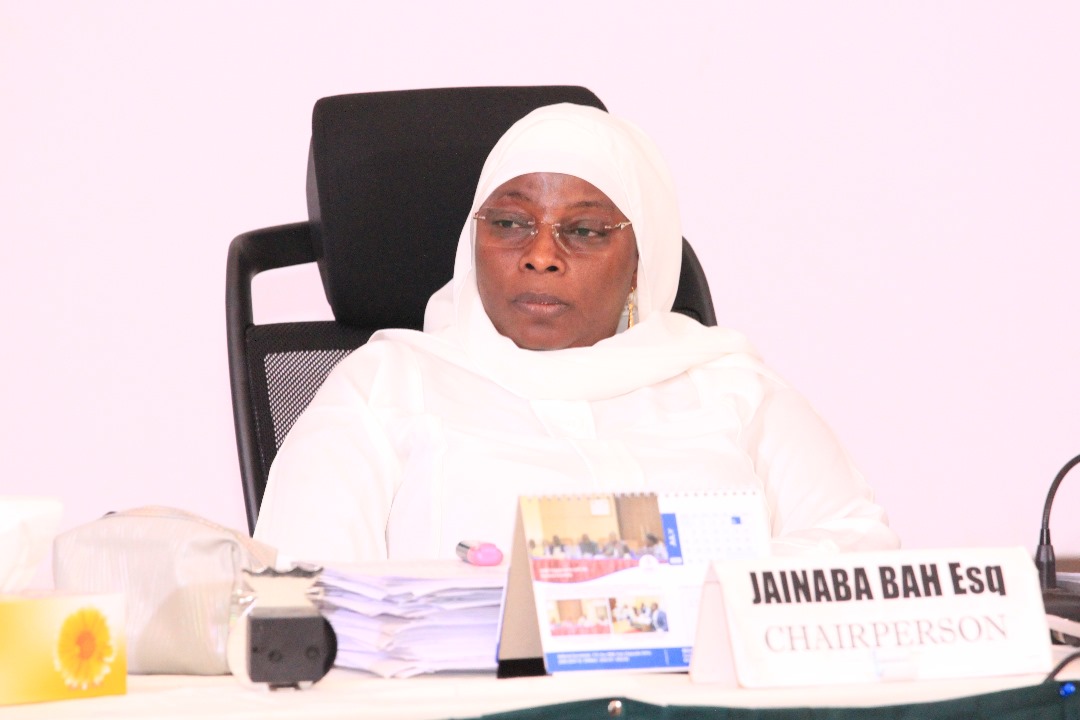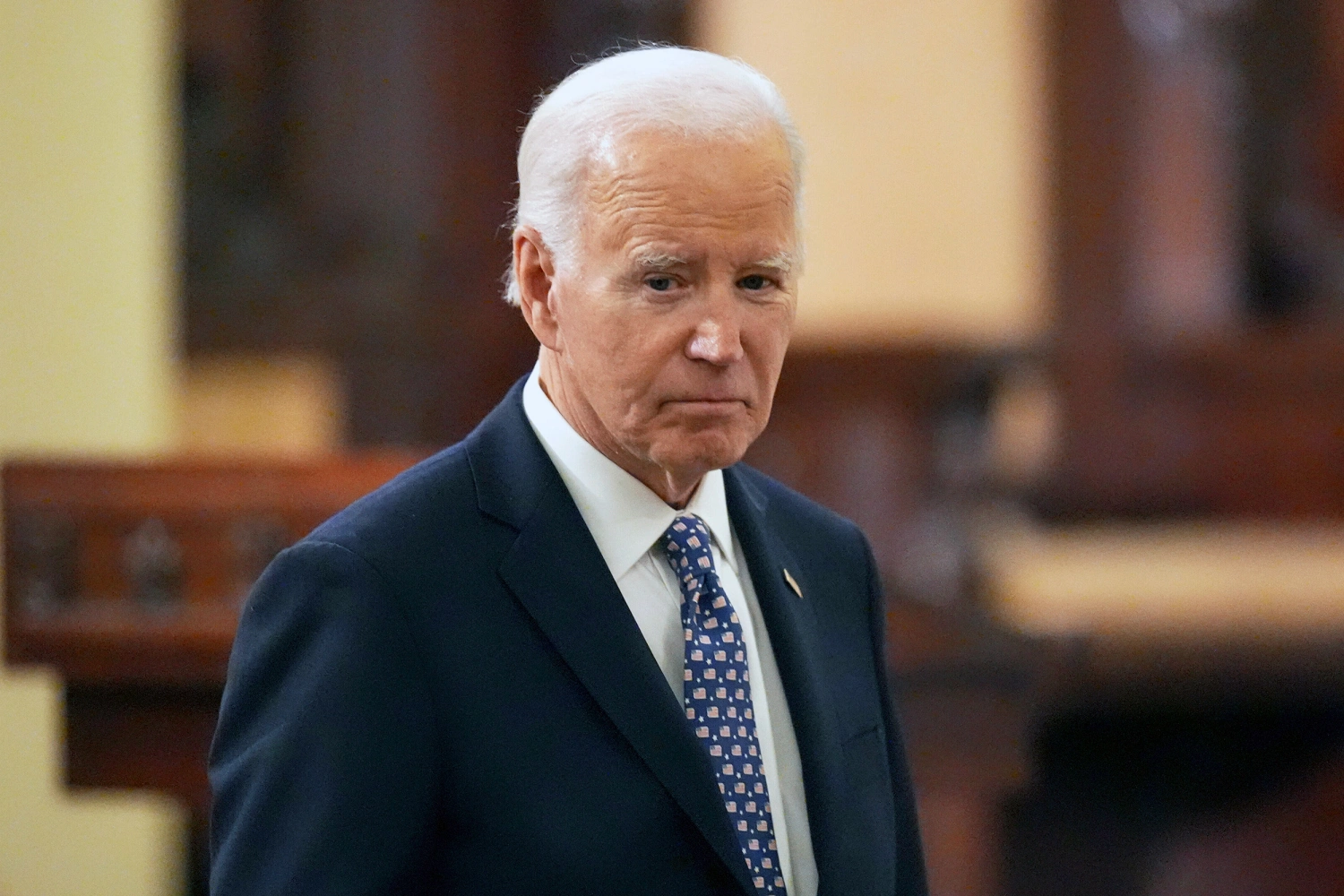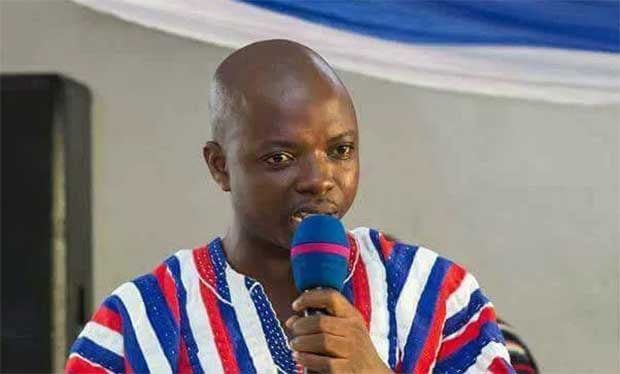By Sulayman Bah,Yankuba Jallow
Copyright foroyaa

By Yankuba Jallow
Salama Njie, former Acting Chief Executive Officer of the Kanifing Municipal Council, delivered her testimony on Monday before the Local Government Commission of Inquiry. Her testimony, led by Lead Counsel Patrick Gomez, exposed what she described as entrenched financial improprieties, political pressure, and mismanagement—often involving Kanjura Kanyi, a close advisor to Mayor Talib Bensouda.
The Commission, chaired by Jainaba Bah and including Samba Faal, Oreme E. Joiner, Sukai Secka‑Sagna, and Alagie Sillah, heard Njie’s account of her six‑month term as acting CEO (April 2018 to October 11, 2018), during which she says she was repeatedly pressured to approve payments she believed were illegitimate.
Njie recounted that each morning during that period she presented to the mayor the planned activities and proposed payments for the day. Often, she said, she refused to approve certain payments, especially those tied to Kanjura Kanyi:
“There are payments that I don’t agree with. For me, it’s as if you’re asking me, like, if he asks me to jump into the ocean, will I do that? So obviously, I don’t.”
She said many of the claims were presented as pre‑financed by Kanyi—requests running into large sums:
“On Monday morning, the first thing he will do is just to present me with claims of pre‑finance, $100,000, $200,000.”
She estimated that by the time she left the position, she had flagged five offending payments for Kanjura Kanyi that alone would “have amounted to millions of dollars.”
Because of her resistance, Njie said, the mayor labelled her “stubborn”—a term she says was applied openly:
“The mayor knows that, and at times he would remark that I was just being stubborn unnecessarily, and even the finance director knew that.”
She described escalating hostility:
“Kanjura would follow it up with insults and with threats that he would make sure that I would never be confirmed in that position.”
Yet she held her ground:
“Yes, I wasn’t confirmed, but I left with my head high, and I’m not bowing in shame as I sit here, even by my kids.”
Njie spoke emotionally about the moral weight of her responsibilities. She said she often felt guilty:
“For instance, during the rainy season, I just feel guilty of sleeping at night. Why? I do ask myself, why should I be sleeping on this comfortable bed with the air‑conditioned, when the people who are paying these bills are suffering?”
She said she would wake in the middle of the night, call the disaster management coordinators, a community development staff, seeking to respond to emergencies in vulnerable communities.
“The market vendors there, their toilets are always in bad shape. So looking at the situation, having lived there, I was praying to God to give me the opportunity to at least be at the helm of the office. Then I can make the final decision to be able to impact on the lives of the vulnerable people.”
Among several issues that troubled Njie was the condition of the Bakoteh dump site. She said while it no longer smoked constantly, it was still in dire shape and merited urgent attention.
“The backwater dump site is no more smoking, defends it up, but still it needs a national attention.”
She also said:
“Yes, the Bakoteh dump site is no more smoking… but still it needs a national attention.”
Despite improvements, she maintained that the dump site remained emblematic of larger governance challenges. The health hazards, environmental damage, and the suffering of those close by, she said, demanded more than lip service.
Njie testified that many of the payments she refused were not backed by proper documentation or justification:
“Why was Kanjura being assigned to do that? What justification will I give to the auditors to accept those claims when already we have the capacity in council … we had a planning department … the carpenters are there, the machineries are there.”
She also criticized the outsourcing of work that could have been done internally:
“But again, Kanjura will, you know, go to the extent of outsourcing those work. … And whenever I query, he will say, meaning they don’t know anything.”
She urged stronger audit oversight, proper technical advisory committees, and collaboration between local councils and the central government. Njie made a plea that councils use whatever limited resources they have with integrity:
“Let them use what they have, utilize them appropriately.”



